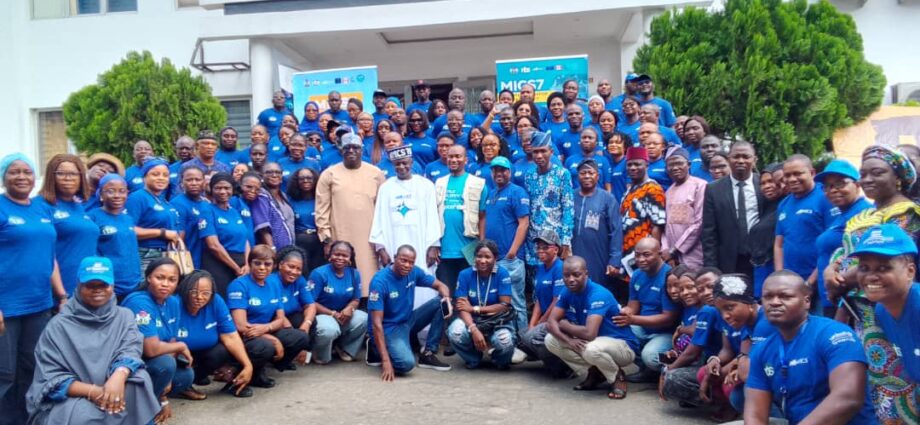The United Nations Children’s Fund (UNICEF) has raised alarm over a possible increase in cases of Female Genital Mutilation (FGM) in Nigeria, especially in the South-West, unless urgent steps are taken to challenge the cultural myths and traditions that fuel the practice.
Despite being illegal, Nigeria still ranks third globally in FGM prevalence, with around 20 million women and girls affected—most undergoing the procedure before age six.
Speaking at a media dialogue in Lagos, Celine Lafoucriere, Chief of UNICEF’s Lagos Field Office, condemned FGM as a serious violation of girls’ rights, stressing that no cultural or religious belief should justify such harm. She emphasized that the practice persists because of deep-rooted myths, despite its illegality.
UNICEF believes ending FGM within a generation is possible—but only through the joint efforts of governments, community leaders, religious groups, men, and the media. “Every girl deserves to grow up whole, healthy, and free from harm. The time to act is now,” Lafoucriere stated.
UNICEF Child Protection Specialist, Dennis Onoise, warned that Nigeria could see a 50% rise in FGM cases without stronger interventions. He debunked claims that FGM prevents promiscuity, stressing instead that it leads to serious health risks like infections, excessive bleeding, and long-term reproductive issues.
FGM consultant Aderonke Olutayo called for the inclusion of men in advocacy efforts, noting that their role as family decision-makers makes their involvement crucial. “Without men, progress will be slow. We must dismantle these myths among both men and women,” she said.
Participants at the dialogue—including journalists, civil society, and government officials—highlighted the media’s role in shaping public opinion on FGM. Rotimi Babalola, Permanent Secretary of the Oyo State Ministry of Information, urged journalists to go beyond surface-level reporting and expose those behind the practice, while amplifying survivor voices.
The event also introduced new advocacy approaches focused on community engagement, cross-sector collaboration, and survivor-led campaigns.








